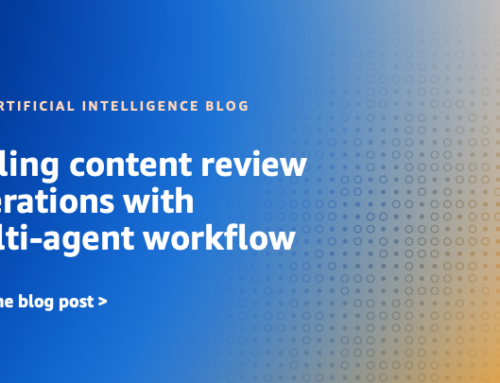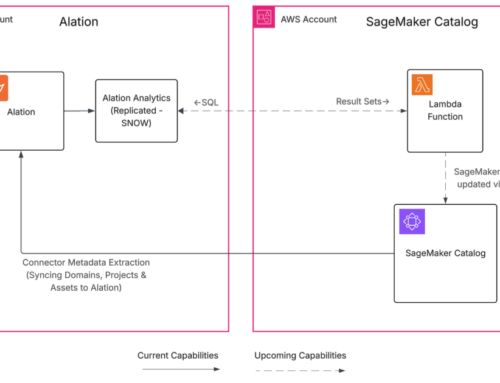Cannabis retail sales in Sunnyside topic of public forum April 9
April 8, 2025
The Sunnyside City Council is holding a public forum on Wednesday, April 9, to discuss whether to allow the retail sale of cannabis within city limits.
The forum will take place at 12 p.m. and again at 6 p.m. at the Community Center, 1521 S. 1st Street in Sunnyside. Interpreting services will be available at the 6 p.m. session.
City officials say community input is important as the issue is considered. The afternoon and evening time slots will provide an opportunity for residents, business owners, and other stakeholders to share their thoughts, ask questions, and learn what the change could mean for the city.
Washington voters approved Initiative 502, which legalized recreational marijuana for adults and established a taxation and regulatory system similar to alcohol. The law took effect on Dec. 6, 2012, and cannabis retailers began opening across the state in July 2014.
Despite state legalization, the city maintains a local ban on cannabis-related businesses under RCW 17.04.055, which states recreational marijuana production, processing, and retail sales are prohibited within city limits.
Some residents, including Outlook resident Theodora Martinez, have urged the council to reconsider the ban. Speaking during the March 10 council meeting, Martinez said, “There [is] pot out there that is laced, and that is usually is laced with all kinds of chemicals. You want to prevent that? Sell it legally.”
Marijuana sold on the illicit market can potentially be contaminated with other drugs, including cocaine, ketamine or heroin, posing risks to consumers. Those in favor of lifting the ban argue that state-licensed retail shops, which are required by the Washington State Liquor and Cannabis Board to have 24/7 surveillance, would offer a safer alternative.
Opponents, however, raise concerns about potential increases in crime and youth access to cannabis.
Research on the issue remains mixed. While some studies show no major change in crime rates near cannabis retailers, others have reported modest upticks in petty theft and property crime.
Proponents counter that state law mandates strict ID checks, making it harder for minors to access cannabis through legal channels than through illegal ones.
“I understand that Sunnyside, like many local governments, is facing tight budgets and looking for revenue sources,” Yakima County Commissioner LaDon Linde said. “I believe this is a bad idea. You’ll get little to no revenue in exchange for new problems.”
Washington State imposes a 37% excise tax on cannabis sales, in addition to standard sales tax. A portion of the excise tax is then distributed to local governments that permit cannabis businesses.
Estimates suggest that if Sunnyside lifts the ban, it could receive anywhere from $100 to $30,000 annually, depending on factors such as the number of retailers, sales volume and local competition.
In 2021, the city of Prosser — which allows cannabis sales — received $15,084 in revenue from the state’s cannabis tax distribution. Larger cities such as Spokane and Seattle received over $450,000 and $1.3 million annually, respectively.
If Sunnyside chooses to allow cannabis businesses, the council would need to amend the city’s zoning code. That process would include public hearings, review by the Washington State Department of Commerce, and final council approval.
City leaders would also need to decide whether to allow just retail sales or to include cannabis production and processing. Additional public input would likely be gathered before any final decisions are made.
Sunnyside is one of about 80 cities in Washington that currently maintain some form of cannabis prohibition. The City Council has not yet made a decision on the issue.
Kennia Perez contributed to this report.
Search
RECENT PRESS RELEASES
Related Post



